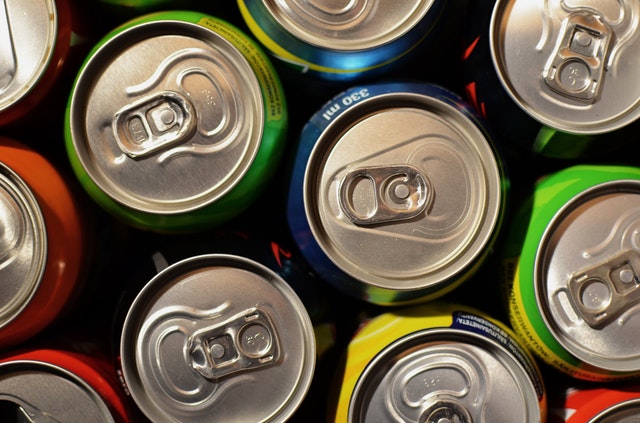Adults are not the only ones who struggle with weight. More than just “baby fat,” childhood obesity rates in the U.S. have doubled in children ages 2-5 and 12-19. They have tripled in children ages 6-11. While many social and environmental factors are involved, beverage choices among children are among one of the chief influences of weight gain and childhood obesity.
What are Our Children Drinking?
Kids and adolescents have access to all kinds of drinks. Think about the vending machines placed in schools or care centers, or drinks sold in popular ‘kid hangs’ like movie theaters or skate parks. Think about what your child drinks when they visit a friend’s house. Think about what they drink at your house. How do their beverage choices compare to yours?
Notice that most of these drinks are sugar-sweetened or full of caffeine. Maybe even both. They also have little to no nutritional value. Some of these beverages include:
- Soft drinks
- Sports drinks
- Fruit drinks
- Flavored teas and coffees
- Energy drinks
In the past 15 years alone, these drinks have hit the consumer market like wildfire. They are at grocery stores, gas stations, vending machines, convenience stores and more. For decades, kids mostly drank milk. This, of course, has changed. Today, they are drinking twice as many soft drinks as they are milk. In fact, data tells us that soft drinks make up nearly 13 percent of the average teenager’s calorie intake.
Beverage Consumption and Weight Gain
It’s not surprising that more sugar in drinks results in excess calories which affects weight gain. A number of research studies, including a peer-reviewed study from Harvard, found that a diet rich with soft drinks and sugar is a risk factor for obesity. Other consequences of too many sugary drinks are tooth decay and weakening bones.
Beyond sugar, caffeine is also a cause for concern in our children’s drinks. To make matters worse, caffeine and sugar go hand-in-hand in many of today’s most popular beverages:
- Red Bull (8.3 oz. can) = 83 grams caffeine
- Rock Star (16 oz. can) = 160 grams
- Coca-Cola Classic (12 oz. can) = 34.5 grams
- Pepsi-Cola (12 oz. can) = 38 grams
- Coffee (8 oz. cup) = 57 grams
Most experts recommend that children consume a lot less than 100 grams of caffeine per day because of these common negative effects:
- Hyperactivity
- Trouble sleeping
- Feeling restless
- High blood pressure
- Frequent headaches
Additionally, many caffeinated drinks are extremely high in sugar. This is especially true for energy drinks and specialty coffee drinks. Think about a latte or frappuchino! In many cases, these drinks are higher in sugar than sodas and fruit juices. For example, a basic 16 oz. Rock Star energy drink contains 60 grams of sugar. On the other hand, a regular soft drink contains an average of 40-45 grams, which is a lot lighter. Yikes!
What Parents Can Do about their Child’s Beverage Consumption
One of a parent’s responsibilities to their child is to help them grow up happy and healthy. Too many sugar-sweetened and caffeinated drinks can have negative health effects on children, including weight gain. Here are some things you can do to help.
- Model healthy food and drink behaviors for your family
- Help your child learn moderation instead of restricting them
- Don’t obsesses over drink choices and cause your child to form hurtful thought patterns
- Replace soda, fruit and sports drinks with water or low-fat milk
- Urge your child’s school to get rid of vending machines that sell soft drinks and energy drinks. Encourage them to sell bottled water instead.
To learn more about children’s beverage consumption and the link to weight gain, CLICK HERE for education from the Obesity Action Coalition.






